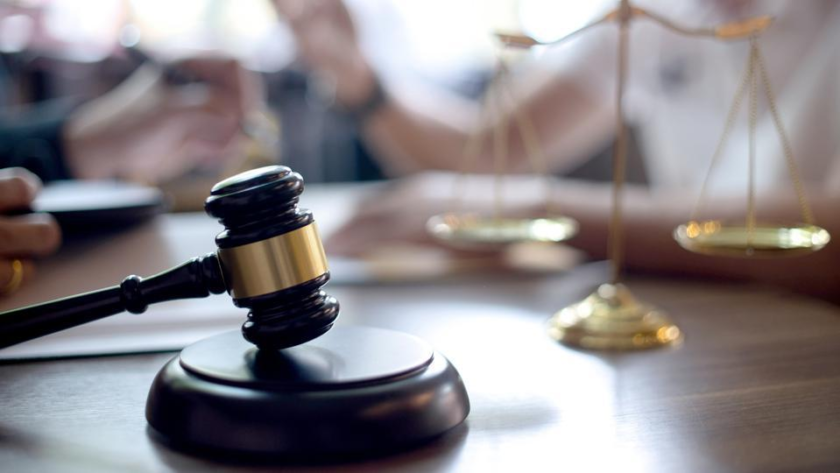Increasing debt may lead to many serious consequences. That is why it is always better to repay the loans in time. One such form of debt is credit card debt, which can creep up on people without being aware. So for those who default on credit card debt, it can even lead to a lawsuit. Therefore, when a credit card company sues a person, they need to manage things calmly and professionally so that the situation does not get out of hand. And consulting an unsecured credit debt lawyer from the very start can prove to be highly beneficial because they have the expertise to handle such cases efficiently. So, here are a few more things people should do if a credit card company sends them a lawsuit:
Things to Do Right After Receiving the Lawsuit
When a person is sued, a complaint copy and a court summons containing the court hearing date are served to them. The defendant has to respond within 3-4 weeks, which means he/she does not have much time and has to act fast. Meanwhile, the defendant can decide to settle the debt outside the court, respond to the suit directly, or go for bankruptcy.
1. Understanding Own Rights
As per the recent guidelines issued by Consumer Financial Protection, the debt collectors can call the debtor maximum of seven times or make one call per week for each debt. The rule also says that they must provide the debtor with a validation notice within five days from contact. This notice must include the identity of the debt collector, the amount of money owed, and the right of the consumer to dispute the debt within 30 days. Then only after waiting for 14 days can the debt collectors post the debt on a credit report.
2. Settling Out of Court With the Company
Many credit card companies do not want a trial because such cases can be costly and time-consuming. So, they will prefer to recover as much loan amount as possible without incurring any expenses. As such, requesting the company to cancel the lawsuit by paying a part of the loan usually works out in many cases. The blame should also be removed so that the credit score is not harmed. Hence, if the company agrees to these terms and drops the suit, it should be documented appropriately. If there are any late fees or penalties, they can also be negotiated. Understanding the contract is essential to determine which fees can be added legitimately for late payments.
3. Responding to the Lawsuit
Ignoring calls only serves to accelerate the lawsuit process. If the debt is not recovered and no settlement is reached, the case will move to court. And when a lawsuit is filed, it is imperative to respond. Not showing up for court proceedings will lead to the judge automatically ruling against the defendant and ordering them to make total payments. Meanwhile, credit cards are unsecured debt, which means no collateral like a car or home is at stake. Therefore, the lender has only a few limited options to collect the debt. For this reason, lawsuits in credit card debt happen very quickly, especially if the defendant fails to acknowledge or communicate.
Every lawsuit involves a considerable sum of money, and paying that money is almost impossible. That is why any person being sued by a credit card company must seek legal advice from a reputable unsecured credit debt lawyer. They can navigate the defendant through complicated situations. They also have the expertise to determine whether the Fair Debt Collection Practices are being followed or if the state statute of limitations has expired.




